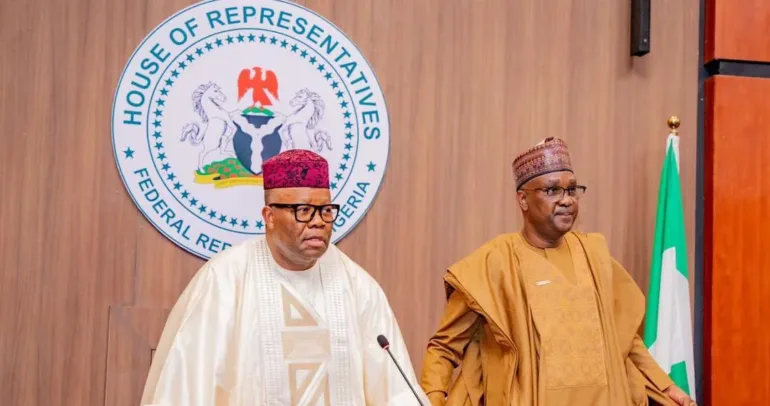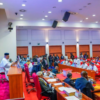The Socio-Economic Rights and Accountability Project (SERAP) has called on Senate President Godswill Akpabio and House Speaker Tajudeen Abbas to explain the alleged disappearance of ₦18.6 billion linked to the National Assembly Commission Office Complex project.
In a letter dated October 18, 2025, and signed by SERAP Deputy Director Kolawole Oluwadare, the organisation cited findings from the 2022 Auditor-General of the Federation’s report, which revealed serious irregularities in the project’s contract awards and payments.
SERAP demanded disclosure of the “fictitious construction company” that received ₦11.6 billion over 24 months, including details of its directors, shareholders, and registered address. The Auditor-General’s report highlighted that the contract was awarded without due process — lacking needs assessments, public advertisements, bidder quotations, Federal Executive Council approval, and a Bureau of Public Procurement Certificate of No Objection.
The report also revealed an unjustified ₦6.9 billion inflation for converting a roof garden into office space, for which no approval was obtained. Moreover, the Bill of Quantity was not priced, and no valid agreement existed before payments were made.
SERAP described these findings as “grave violations of public trust and the Nigerian Constitution,” urging the National Assembly to uphold transparency, accountability, and the rule of law to restore public confidence.
The organisation has given the Senate President and Speaker seven days to respond and take corrective action, warning that failure to do so will prompt SERAP to initiate legal proceedings to enforce compliance.
Furthermore, SERAP called for the referral of the matter to anti-corruption agencies to investigate and recover any missing funds, stressing that corruption perpetuates poverty and deprives Nigerians of essential services.
Reminding the National Assembly of its constitutional duties under Sections 13, 15(5), and 16 of the 1999 Constitution, and Nigeria’s obligations under the UN Convention against Corruption, SERAP emphasized the urgent need for full accountability in managing public resources.


